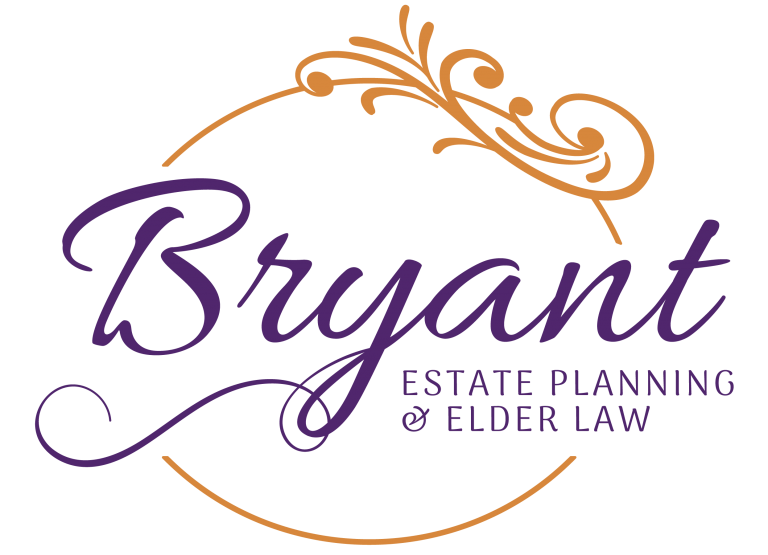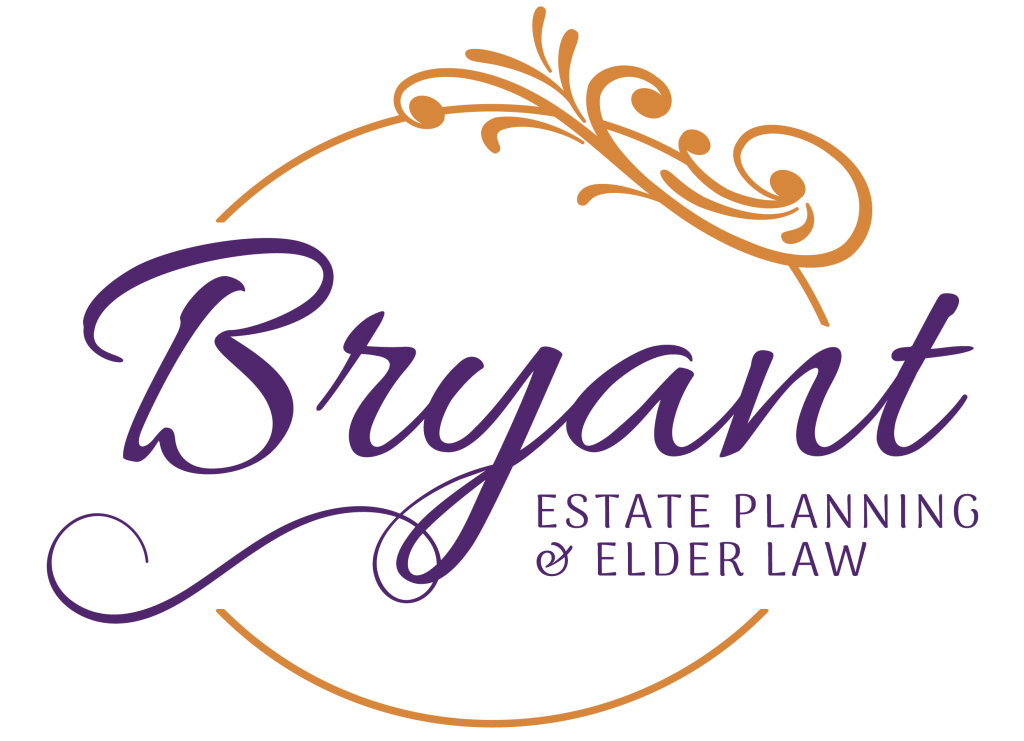Unlike the vast majority of estate planning lawyers who charge their services on an hourly basis, we charge flat fees for our services. Learn more in your free initial consultation. Contact us today.
Living Trusts
Related Services
Get Help Now
Living Trusts Attorney
A living trust is a legal document that serves you during your lifetime and at your death. When you create a living trust, you are typically the trustee (the person in charge of the trust) and the settlor (the creator of the trust). At first your trust starts off as an empty box, but the goal is to transfer your assets into the trust. For example, you re-title bank accounts and your home into the name of your trust. As the trustee, you manage whatever assets you put in the trust. If you become unable to manage your assets, you can step down or be removed as trustee, and someone you appointed as your backup will take over.
As the settlor of your trust, you designate how your assets are distributed when you pass away. You have the authority to change this as your circumstances change. When you do pass away, your assets are distributed to your beneficiaries without having to go through a probate process. By avoiding probate, assets are typically distributed within 4-6 months (as opposed to a year or more) and with much less cost.
Creating The Complete Range Of Estate Planning Tools
A major part of our firm’s practice involves developing trusts, wills and powers of attorney. A brief description of each follows.
Trusts: In a trust, a person gives a trustee the ability to manage assets and property. These assets are managed by the trustee on behalf of the beneficiaries. Assets held in a trust are not subject to the probate process. For these and other reasons, trusts are an attractive estate planning option for many.
There are many different types of trusts designed to achieve different goals. For example, there are charitable trusts, property trusts, life insurance trusts, among others. In California, a popular option is the living trust. With a living trust, you have the ability to place your assets in a trust and serve as the trustee until your death or incapacity. You can also appoint a trustee, or a successor trustee in the event you become incapacitated. Upon your death, your assets will be distributed to your intended beneficiaries. If a trust is right for you and your family, you can count on us to meet your needs.
Wills: A will determines how your assets will be distributed upon your death. While assets in a trust bypass probate, assets in a will are subject to the probate process. While a trust is the right choice for many, people with straightforward estates may only require a will. In other cases, a will and a trust together may be the right choice. We will take all appropriate measures to create a will that meets all legal requirements.
Power of attorney: In California, a durable power of attorney will give another person the legal authority to make decisions for you if you become incapacitated. With a power of attorney in place, your family will avoid having to ask a court to appoint a conservator/representative if you cannot manage your affairs. Along with your power of attorney, our law firm can prepare other documents as necessary, including your advance health care directive (living will) and HIPAA release.

